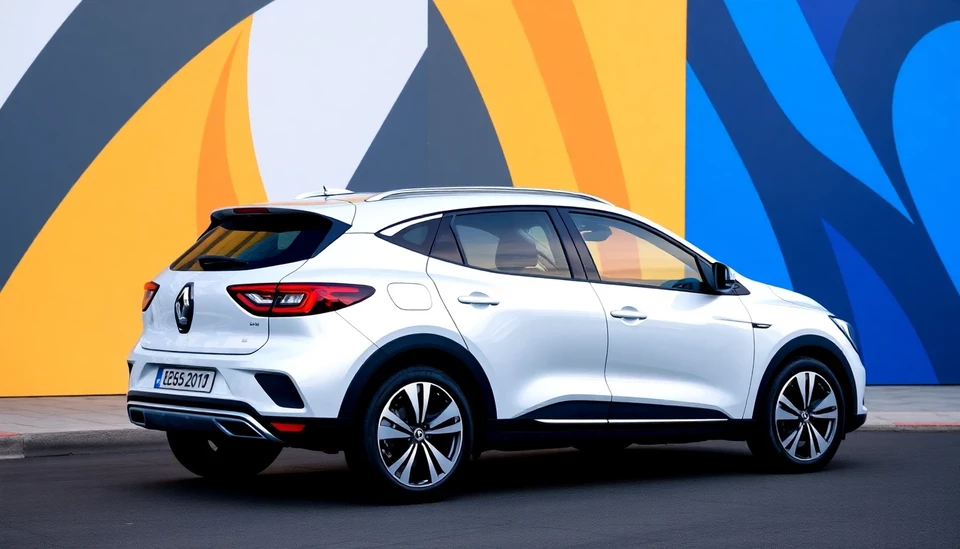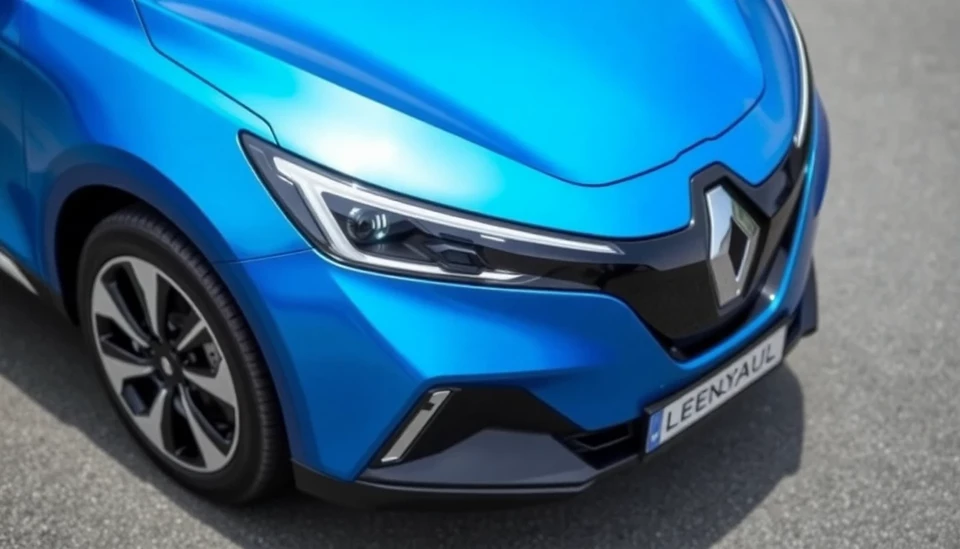
In a significant shift in the automotive landscape, French carmaker Renault has found its plans for a new American sports car severely hindered due to tariffs imposed during the Trump administration. The tariffs, originally levied on imported vehicles and auto parts, are making it financially unfeasible for Renault to launch its much-anticipated performance model in the United States.
Renault had set its sights on tapping into the lucrative sports car market in America, a sector dominated by iconic brands like Ford and Chevrolet. The French auto giant aimed to introduce a model that not only embodied European automotive engineering but also resonated with American consumers looking for high-performance vehicles. However, escalating trade barriers have thrown a wrench into these plans.
The Trump administration’s tariffs were designed to protect domestic manufacturers by raising the cost of foreign imports, but the unintended consequences are now becoming evident. Automobile manufacturers around the globe have been reevaluating their strategies, with many scaling back on American ventures due to the increased costs. Renault, which had robust international aspirations, is particularly feeling the pinch as it navigates through these financial hurdles.
Industry analysts have pointed out that Renault was already facing competitive pressures from established American manufacturers and the high expectations of U.S. consumers. With the added weight of tariffs making the project less financially viable, functionally this means that Renault would need to significantly raise the sticker price of its sports car to maintain profitability, putting it at a disadvantage from the get-go.
This setback comes amid a broader trend of international manufacturers reassessing their presence in the American market, as many have found that the compliance costs and tariffs can negate their competitive edge. Future plans for new models and innovations in the U.S. marketplace might also be postponed or scrapped altogether as companies deliberate on their best course of action under current trade conditions.
The uncertainty surrounding tariffs is prompting discussions about potential trade negotiations that could reshape the auto industry landscape. Renault’s struggles illustrate the broader impact of protectionist policies, which may inadvertently harm the very manufacturers they were intended to support. As the automotive industry continues to evolve, companies may need to look beyond traditional strategies and embrace innovation to survive in a progressively challenging marketplace.
Looking ahead, Renault’s dilemma serves as a cautionary tale for other auto manufacturers. It emphasizes the importance of not only keeping an eye on production costs but also understanding the geopolitical implications that could affect their global business strategies. The question now remains: will Renault adapt to these challenges, or will they have to rethink their ambitions in the U.S. market entirely?
In conclusion, Renault's automotive dreams have collided head-on with political realities, leaving the company in a tenuous position as it weighs options for the future while fostering hopes of eventual adjustment to the U.S. automotive landscape.
#Renault #TrumpTariffs #SportsCar #AutoIndustry #TradeWar #USMarket #ManufacturingChallenges #AutomotiveNews
Author: Samuel Brooks




